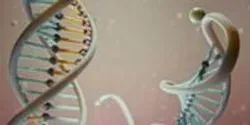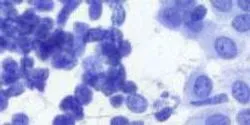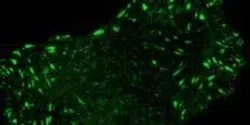Cancer Treatments

Bioengineers at the University of Rome Tor Vergata and the University of Montreal have used DNA to develop a tool that detects and reacts to chemical changes caused by cancer cells and that may one day be used to deliver drugs to tumor cells.

Researchers from the University of Rhode Island are championing a recent breakthrough in the laboratory with hopes it could lead to a vaccine against the pathogen responsible for stomach cancer and to therapeutics for inflammatory diseases.

A new study in the Journal of Food Science, published by the Institute of Food Technologists (IFT), found that common edible flowers in China are rich in phenolics and have excellent antioxidant capacity. Edible flowers, which have been used in the culinary arts in China for centuries, are receiving renewed interest. Flowers can be used as an essential ingredient in a recipe, provide seasoning to a dish, or simply be used as a garnish. Some of these flowers contain phenolics that have been correlated with anti-inflammatory activity and a reduced risk of cardiovascular disease and certain cancers.

Scientists have identified two unlikely partners in a type of immune cell called a macrophage that work together in response to cancer drugs to increase inflammation in a way that may alter tumor growth. Researchers from the National Institutes of Health published the study in the journal Cancer Research.

Cornell University researchers report they have discovered direct genetic evidence that a family of genes, called MicroRNA-34 (miR-34), are bona fide tumor suppressors.

If a driver is traveling to New York City, I-95 might be their route of choice. But they could also take I-78, I-87 or any number of alternate routes. Most cancers begin similarly, with many possible routes to the same disease. A new study found evidence that assessing the route to cancer on a case-by-case basis might make more sense than basing a patient’s cancer treatment on commonly disrupted genes and pathways.

A commonly-used HIV drug has been shown to kill-off the human papilloma virus (HPV) that leads to cervical cancer in a world-first clinical trial led by The University of Manchester with Kenyatta National Hospital (KNH) in Nairobi.

A team of researchers at Chalmers University of Technology has found that kidney cancer cells have a quite different metabolism than other types of malignancies. The findings pave the way for new methods of diagnosing kidney cancer at an early stage, a feat that had eluded researchers earlier, and thereby fresh approaches to treatment.











